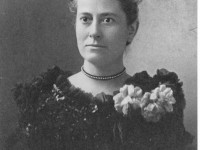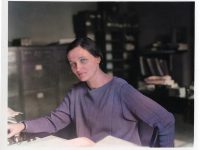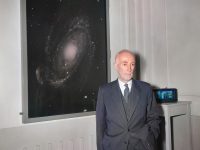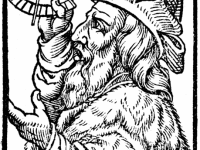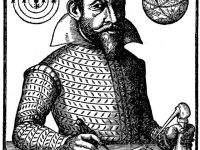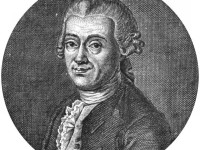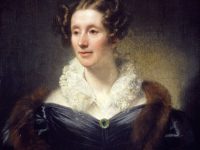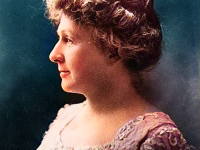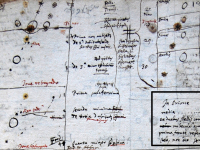Williamina Fleming – Harvard Computer and Astronomer
On May 15, 1857, Scottish astronomer Williamina Paton Fleming was born. She helped develop a common designation system for stars and catalogued thousands of stars and other astronomical phenomena. Fleming is especially noted for her discovery of the Horsehead Nebula in 1888. Williamina Fleming – Early Years Williamina Paton Fleming was born in Dundee, Scotland in 1857. She attended a public school and became a pupil-teacher when she was 14. She entered…
Read more

